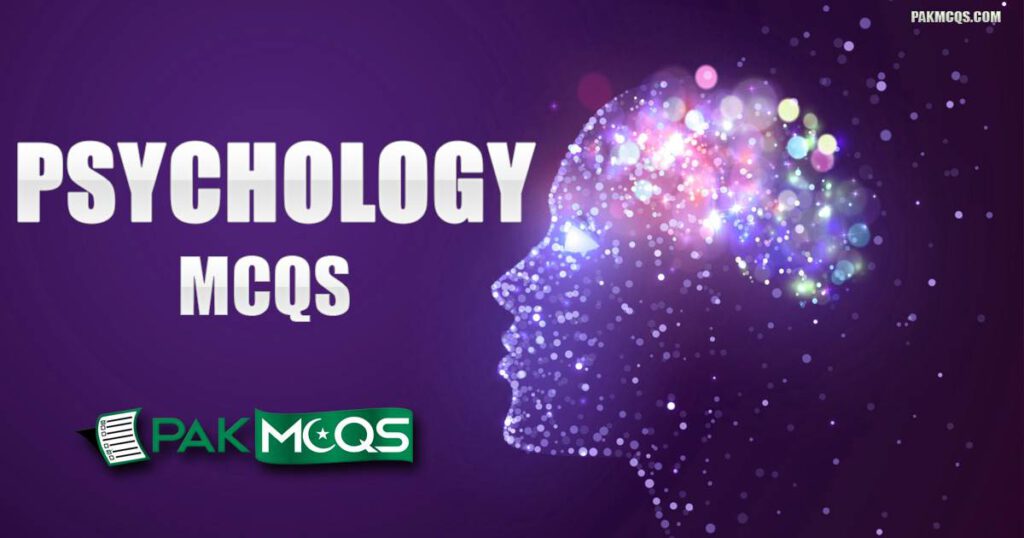A. Conditions
B. Time
C. Experiences
D. All of these
Psychology Mcqs
Psychology Mcqs for Preparation – These Multiple Choice Questions are important for Lecturer Psychology, Clinical psychologist, Counselling psychologist, Educational psychologist and Forensic psychologist Jobs tests. Psychology Mcqs questions are very important for all type of exams conducted by Fpsc, Nts, Kppsc, Ppsc, Spsc, Bpsc, Ots, Uts, Pts, Cts, Ats, etea and other testing agencies of Pakistan.
| PSYCHOLOGY MCQS | |||
|---|---|---|---|
| 1. Introduction to Psychology | 2. Emotions | ||
| 3. Therapy | 4. Memory | ||
| 5. Intelligence | 6. Infancy And Childhood | ||
| 7. Health Psychology | 8. Forensic Psychology | ||
| 9. Branches of Psychology | 10. Attitudes, Attributions And Social Cognition | ||
| 11. Adolescence And Adulthood | 12. Abnormal Psychology | ||
| 13. Social Psychology | 14. Sensation And Perception | ||
| 15. Research Methods | 16. Psychology Theories | ||
| 17. Psychological Disorders and their Treatment | 18. Personality | ||
| 19. Organizational Psychology | 20. Nervous System | ||
| 21. Motivation | 22. Methods and Approaches | ||
| 23. Methodology | 24. Major Thinkers in Psychology | ||
| 25. Learning | 26. Language And Thought | ||
| 27. Interpersonal Relations And Group Processes | 28. Industrial Psychology | ||
| 29. Educational Psychology | 30. Developmental Psychology | ||
| 31. Criminal Psychology | 32. Coordination | ||
| 33. Cognitive Psychology | 34. Biological Foundations of Behavior | ||
| 35. Miscellaneous Psychology | 36. | ||
A. He will do it repeatedly
B. He will make it a part of his behavior
C. He will opt it from other options
D. All of the above
A. He is ready to learn
B. He has the desire to learn
C. He makes efforts to learn consciously
D. All of the above
A. Increase the peace of development
B. Minimize the individual differences
C. Reduce the responsibility of teacher
D. Both (b) & (c)
A. Attend to an activity
B. Respond to the signs coming from the outside
C. Produce harmony between stimulus and response
D. All of the above
A. Learns positive attitudes from his family
B. Learns both positive and negative attitudes from his family
C. Learns negative attitudes from his family
D. None of the above
A. Attitudes
B. Individual differences
C. learning
D. motives
A. A social state
B. A Mental state
C. An organic state
D. An aptitudinal state
A. Which factors influence the learning process
B. How the field of educational psychology can be widen
C. How individual differences can be reduced
D. All of the above
A. inner states
B. Observable behavior
C. Individual differences
D. Measurement of personality


